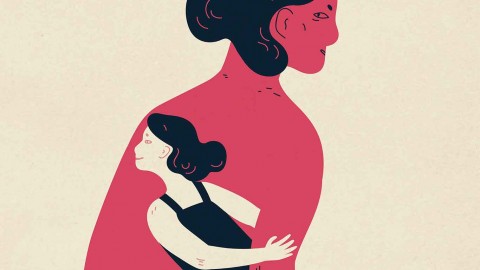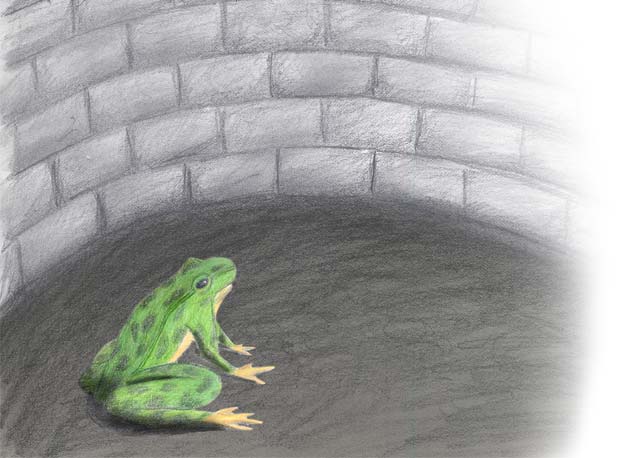When Fear Is Useful
Fear is very useful to us as humans. It is a vital response to physical and emotional danger — if we didn’t feel it, we couldn’t protect ourselves from legitimate threats. But often we fear situations that are far from dangerous and these fears can stop us from experiencing wonderful things such as improved hearing.
When fear is useful
We as humans are hardwired for self preservation. That familiar adrenaline surge, or “fight or flight” response, kicks in when we sense a threat to our life or wellbeing. But now we have moved on from the law of the jungle, fear forces us to focus on areas of our lives which our instincts tell us needs our attention, be it a problem in the workplace, a bad relationship or perhaps a hearing problem which needs to be addressed. Fear forces us into extreme concentration and helps us to shed distractions. Scientists have also proven that fear can give us so-called “super powers”, for example the ability to lift heavy objects when under extreme pressure. Penn State kinesiologist Vladimir Zatsiorsky found that in competition scenarios weight lifters can lift an additional 12% because in critical situations, where there is a potential benefit (a world championship title, for example), your subconscious brain thinks the benefit is worth risking an injury.
When fear gets out of hand
Fear can be your friend in the right doses, but too much can pervade your life. The normal process is that danger triggers fear, and after the danger is gone the fear subsides. But when the fear does not subside it turns into something more pernicious: in extreme cases, anxiety. Anxious people tend to overreact to situations and find fear around every corner. Not all of us suffer from anxiety, but fear certainly has the potential to hold us back in life. Sometimes we might have a scary decision to make, such as whether to take action against severe hearing loss and have an operation for hearing implants. The more data-oriented among us might make a list of pros and cons. High on the list of cons might be fears about the surgery and rehab process. If I am ok as I am, have learned to manage my disability and communicate effectively with people, then why take the risk?
Think about the gains!
“If we live a risk-averse existence because of fear, we also live a joy-averse existence.” The life you live depends on the choices you make and the (calculated) risks you take. They are the very ingredients in the recipe called happiness. Overcoming fears means that great otherwise unforeseen opportunities might come our way, perhaps a new job, a new relationship or a new hearing experience. Overcoming fears forces us to learn and embracing risk-taking also helps you to overcome a fear of failure. As Arianne Huffington, founder of the Huffington Post, said: “Failure is not the opposite of success but a stepping stone to success.”
Tags: Be In Action










